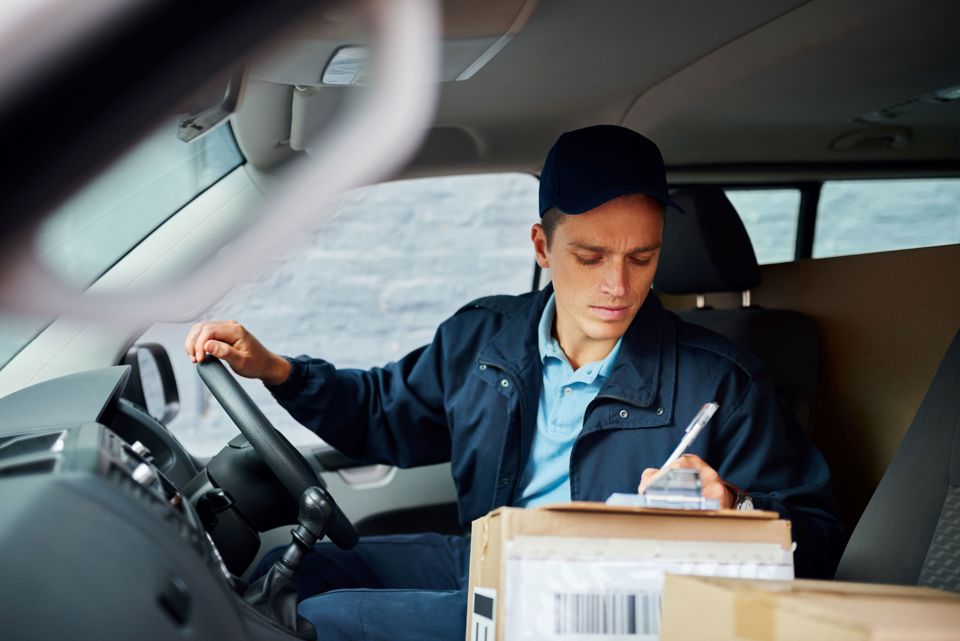There is a significant uptick in idling ratios, fuel consumption and CO2 emissions from Black Friday through to Boxing Day, new research from Geotab shows.
Analysis of data from more than four million connected vehicle subscriptions reveals an increase in shorter trips but with more frequent stops.
It shows a spike in the real-world use of light commercial vehicles (LCVs) during this sales peak, with a vehicle making, on average, 11% more trips during Black Friday week and 9% more during Christmas.
“Geotab’s data reveals the intense pressure on last-mile delivery, with Black Friday and holiday deliveries pushing fleets to their limits, and companies seeking to balance increased consumer demand and addressing the environmental concerns that shape consumer preferences,” said Edward Kulperger, senior vice president of Europe at Geotab.
“Companies that thrive in this peak retail season are those that leverage technology to not just meet demand, but to anticipate it.”
Over Black Friday week and Christmas week in 2023, Geotab saw a recorded average consumption of 46 litres of fuel (for internal combustion engine vehicles), above the baseline of 44 litres of fuel consumed in a ‘normal’ week.
Assuming the average cost of fuel of £1.50 per litre, the additional cost is £3 per vehicle per week.
The World Economic Forum estimates that emissions from delivery traffic in the world’s 100 largest cities will surge by 32% by 2030, while traffic congestion is predicted to increase by more than 21%.
That’s the equivalent of 11 additional minutes of commute time for passengers every day globally, and considerably more for delivery fleets.
Geotab's report points to data-driven strategies as critical for optimising cost and performance.
Improved route planning, demand forecasting, and vehicle utilisation lead to lower operational costs and environmental impacts, alongside higher customer satisfaction through reliable, on-time delivery.
Kulperger added: “Understanding the dynamics of fleet utilisation in real-time is essential for the sustainable evolution of our cities.
“Not only do businesses benefit from decreased operational costs and increased efficiency, but cities also gain from smarter development, and the environment sees less strain due to reduced congestion and emissions.”





















Login to comment
Comments
No comments have been made yet.